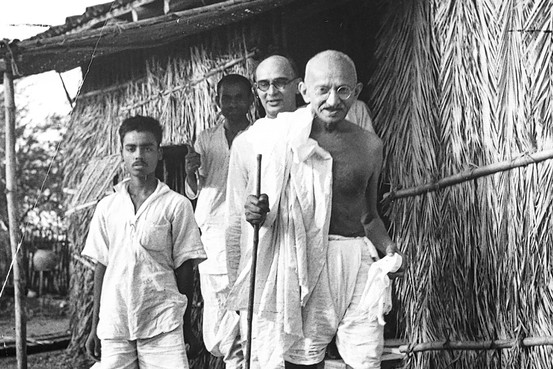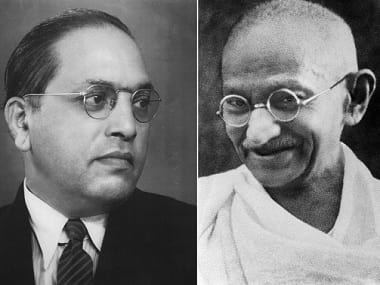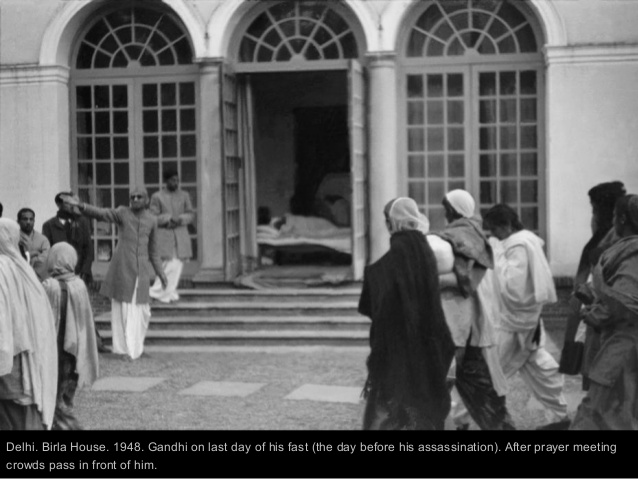STUDENT CORNER![]()
Young Minds and Their Creative Articulations
The New Leam organized a creative writing project involving the students of Jesus and Mary college, University of Delhi. We are happy to publish these pieces that indicate the potential these young minds are endowed with.
The Individual as an Agent of Social Change
Even Though one is not free from the constraints of social sciences, it is possible to restore creative agency and make a difference.
Ananya Pattnaik is currently pursuing Sociology Honours from Jesus and Mary College, University of Delhi.
The individual is akin to a single brick in an edifice. All the bricks together contribute to the structure in the same as many individuals together compose the social fabric. This reminds me of Durkheim’s notable observation of the omnipresence of the division of labour in all societies ranging from simple to complex. An individual’s role is certainly essential but because of the division of labour an individual plays only a limited number of roles and participates in a limited number of spheres out of an infinite plethora of roles in society. On the process of this participation, the individual, the individual imbibes experiences form the society and also makes his/her mark on the form of contributions through his/her occupational and relationship structures. The individual and society thus engage in a reciprocal relationship to each other.
The society comprises of a collectively of individual phenomenon, some stronger than the others. But can an individual single-handedly bring about a revolution? Yes and no. If we draw our attention to significant events and inventions, there is usually a single name associated with these. For instance, when somebody mentions communism, we are conditioned to believe that it was Karl Marx who theorised it, similarly Newton and Gravity, Freud and psychoanalysis are interlinked. However, if we look beyond titles and badges, there is actually a chain of circumstances and people that mat have influences these epiphanic revelations and achievements.
Let is consider the example of Mahatma Gandhi. Though many scholars and historians may argue that independence was inevitable after the collapse of the British Empire after the Second World War it is widely believed that Mahatma Gandhi took on an empire through his ability to organise a nationwide movement and thus bring to India its most cherished freedom. But how did he develop this extraordinary charisma and resilience? Why did his aura have such and impact on the whole nation? He started off as a skinny, bespectacled lawyer in his black and white robes who was proud of his education in a foreign land. In South Africa he revived a wider cultural exposure and he was a witness to the brutal form of racial discrimination. This instilled in him an urge to retaliate. Having grown up with extremely strong ideals he never gave up his quest for truth, on-violence and a politics based upon ethics. He travelled across the nation in order to understand the grassroots. On the relentless request if a peasant he met during a conference, he agreed to visit his village in Champaran where he helped alleviate the atrocities against peasants by the indigo landlords. His genuine urge to understand and empathise is what drove his actions. The experience that Gandhi drew from his travels transformed him completely making him the undisputed leader of the masses who saw in him a mahatma or a great soul. In the course of life an individual I exposed to many agents of socialisation eventually moulding one’s personality in this web of networks. An individual can only be an agent of social change because he/she is a product of ideas engrained in him/her by the society itself
This article is published in The New Leam, MAY 2017 Issue( Vol .3 No.24 ) and available in print version. To buy contact us or write at thenewleam@gmail.com
The New Leam has no external source of funding. For retaining its uniqueness, its high quality, its distinctive philosophy we wish to reduce the degree of dependence on corporate funding. We believe that if individuals like you come forward and SUPPORT THIS ENDEAVOR can make the magazine self-reliant in a very innovative way.













